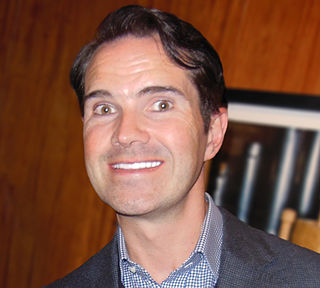A Quote by Adam Conover
Generational thinking has always been reductive and condescending.
Quote Topics
Related Quotes
There is a reductive nature to the Internet, and it's not limited to comic book news sites and stuff: it's everybody. There is a reductive nature of it, by which anything that's said very quickly gets reduced down to the next. Reduced, reduced, reduced to the point where rumors with some sense of nuance to them just become fact.
My father has always been interested in discarding the past. He's never much liked China or the whole idea behind China or Chinese ways of thinking. He's always been much more attracted to American ways of thinking. He feels Americans are more open - they tell you what they think - and he's very much that way himself.
Some people are aware of another sort of thinking which... leads to those simple ideas that are obvious only after they have been thought of... the term 'lateral thinking' has been coined to describe this orther sort of thinking; 'vertical thinking' is used to denote the conventional logical process.
Believing isn't thinking, but we've been programmed to believe that believing is thinking. To use our intelligence to think means we're keeping the energy active, we're thinking, we're really using the power of our intelligence in a thinking way. But when we've been programmed to believe, we're no longer thinking, because energy flows.


































